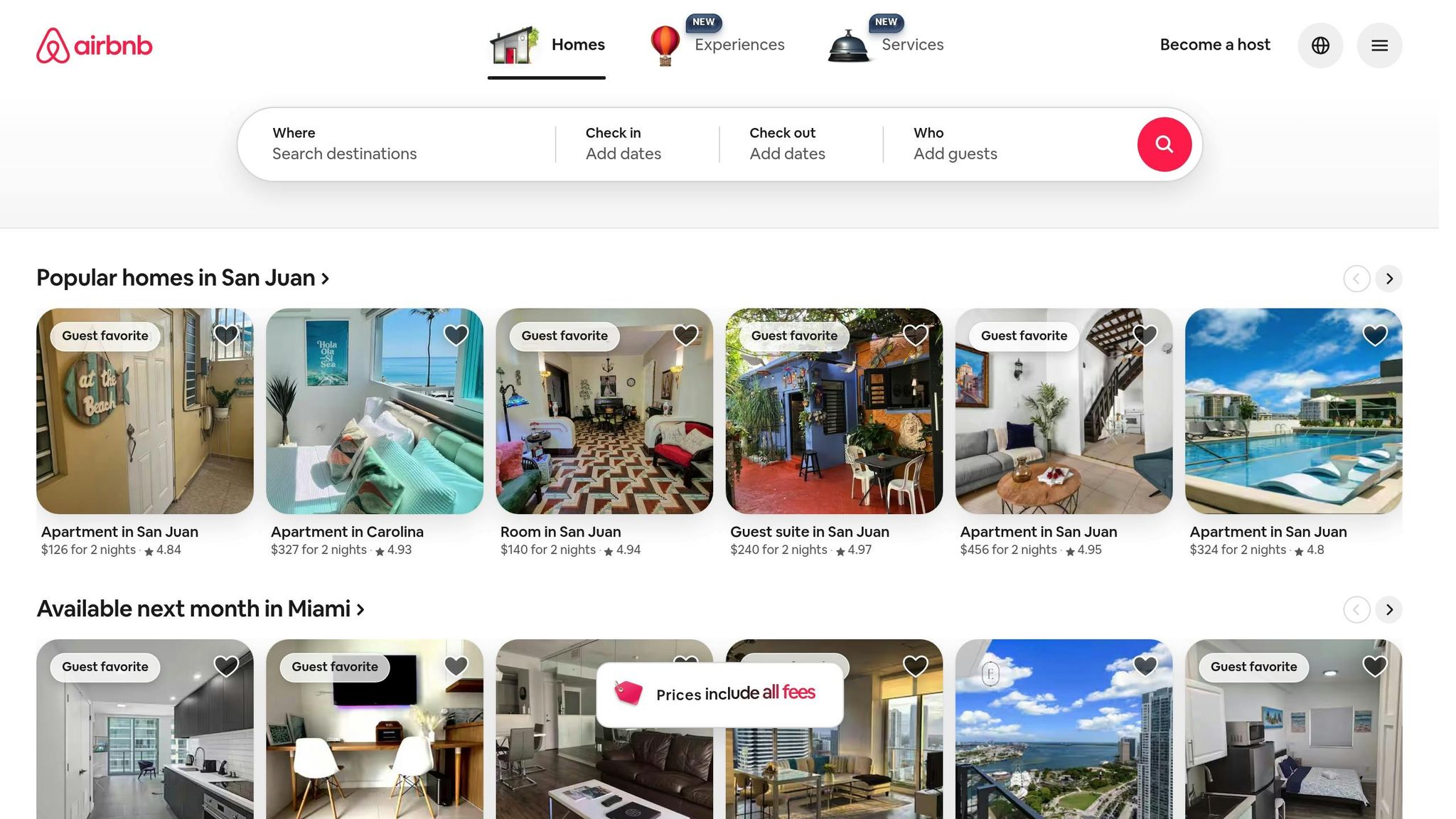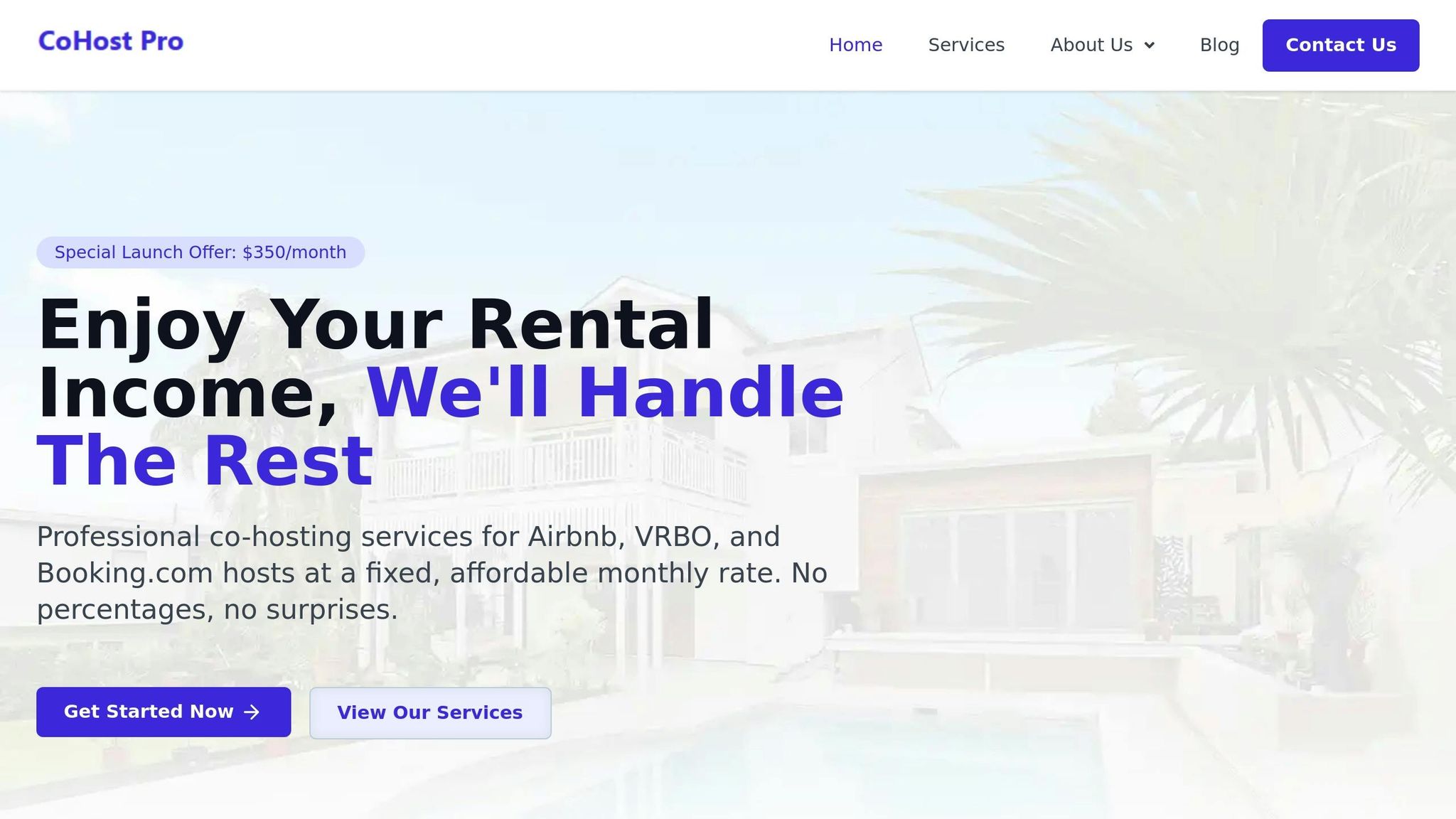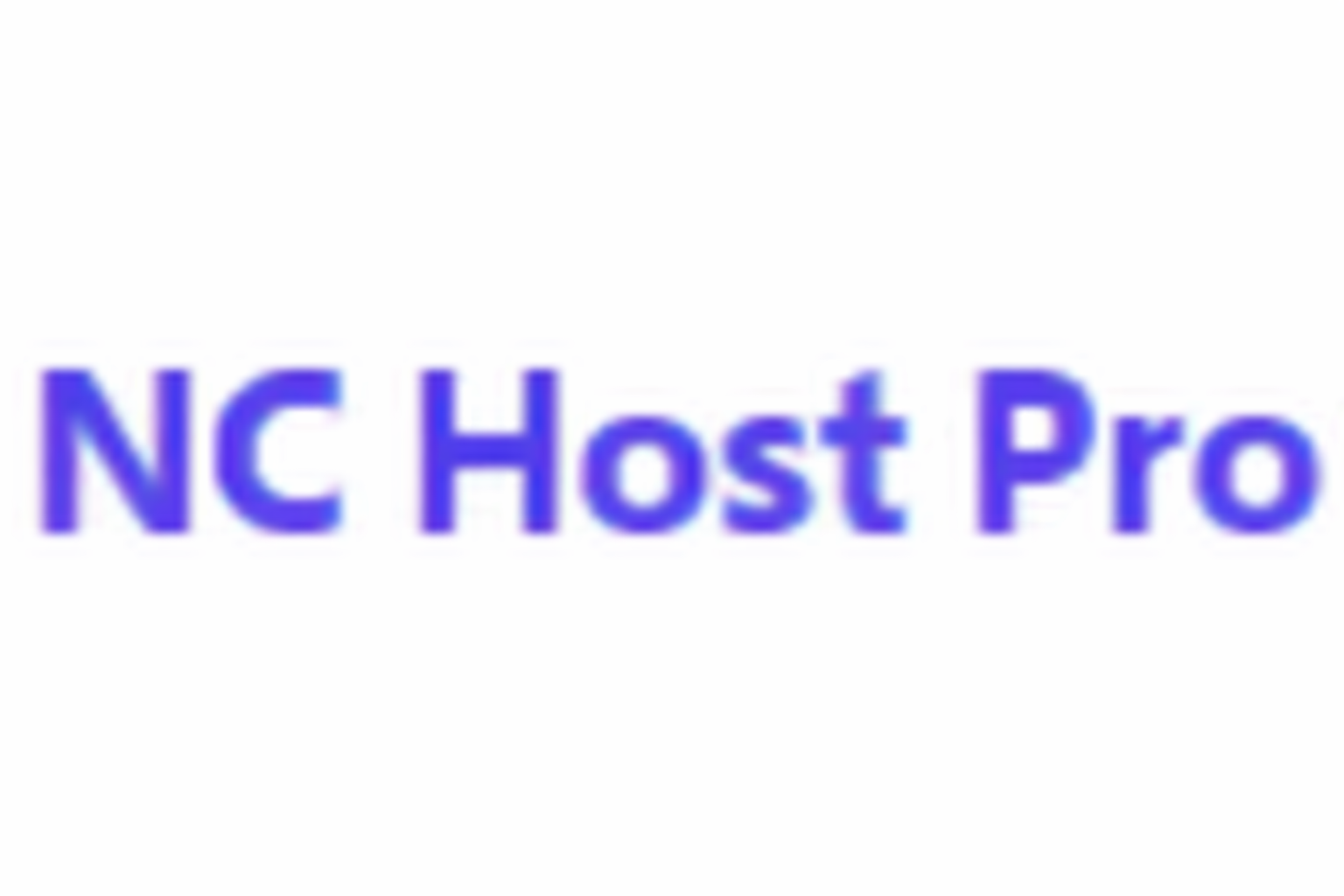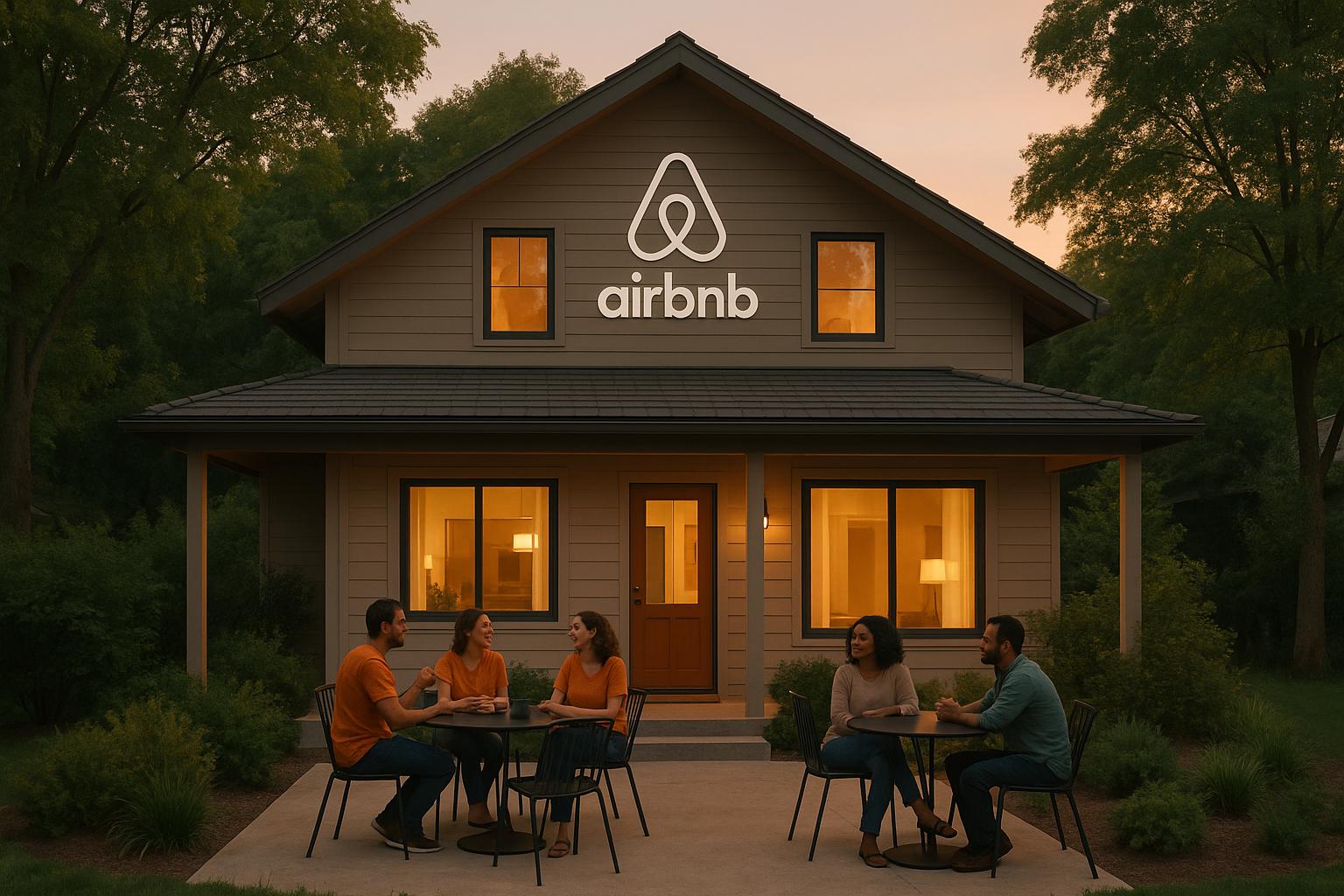The Airbnb market in North Carolina’s Triangle region is thriving in 2025, with suburban towns like Wake Forest, Morrisville, Garner, and Apex standing out. Here’s a quick summary of the key trends:
- Occupancy Rates: Apex leads with an average occupancy rate of 53.1%, followed by Wake Forest (47.6%), Garner (47.0%), and Morrisville (40.1%).
- Revenue Growth: Garner is seeing the strongest year-over-year revenue growth at +11.5%, while Morrisville is facing a -26.2% decline.
- Peak Months: Each town has unique peak revenue periods:
- Apex: March
- Wake Forest: May
- Garner: October
- Morrisville: March
- Guest Preferences: Suburban charm, proximity to Raleigh, and amenities like pools, outdoor furniture, and pet-friendly policies are driving demand.
- Market Trends: Suburban listings are outperforming urban ones, with a 13.76% growth in suburban development.
Quick Comparison
| Market | Avg. Occupancy Rate | Peak Revenue Month | Lowest Revenue Month | YoY Revenue Growth |
|---|---|---|---|---|
| Apex | 53.1% | March | February | +5.9% |
| Wake Forest | 47.6% | May | January | -0.1% |
| Garner | 47.0% | October | January | +11.5% |
| Morrisville | 40.1% | March | June | -26.2% |
These towns are benefiting from growing suburban tourism and local events, making them attractive for Airbnb hosts. To succeed, focus on pricing strategies, property upgrades, and leveraging peak seasons for maximum revenue.
2025 Market Data: Short-Term Rental Performance in Wake Forest, Morrisville, Garner, and Apex
Each of these towns showcases distinct occupancy patterns and revenue trends. Here’s a closer look at the performance metrics that define their short-term rental markets.
Wake Forest: Occupancy Rates and Market Performance
Wake Forest is projected to maintain an average occupancy rate of 47.6% in 2025. While typical properties achieve around 52% occupancy, standout listings push past 85%. This gap underscores the importance of effective property management and creating a great guest experience.
Seasonality plays a key role here. Occupancy rates peak in March, while January sees the lowest demand. However, revenue typically hits its high in May, with additional boosts often seen during July and August. The market has stayed relatively steady, with only a slight 0.1% dip in year-over-year revenue growth. Wake Forest benefits from its proximity to Raleigh, offering a quieter suburban setting that appeals to families and business travelers alike.
Morrisville: Short-Term Rental Market Data
In Morrisville, the projected average occupancy rate for 2025 is 40.1%. Typical properties see around 37% occupancy, while top-performing listings exceed 79%.
Seasonal trends are evident here as well. March stands out as the peak revenue month, while June typically marks a dip in performance. During peak months – March, February, and July – properties average $1,684 in monthly revenue, with 49.7% occupancy and an average daily rate of $132. Most hosts set a 3-night minimum stay, aiming to attract longer bookings. Though Morrisville faces a significant 26.2% decline in revenue growth, its proximity to Raleigh-Durham International Airport and Research Triangle Park continues to draw business travelers and visitors.
Garner: Market Performance and Booking Patterns
Garner’s 2025 projected average occupancy rate is 47.0%. Typical properties achieve around 50% occupancy, while top listings surpass 83%. What sets Garner apart is its seasonal peak in October, differing from the springtime highs seen in other nearby towns.
During Garner’s peak months – October, August, and March – properties generate an average monthly revenue of $3,064, with 59.3% occupancy and an average daily rate of $154. Most properties have a 2-night minimum stay, catering to both weekend visitors and those seeking longer stays. Garner is experiencing strong growth, with an 11.5% year-over-year revenue increase. Its residential charm and proximity to downtown Raleigh make it a favorite for visitors looking for a more local experience.
Apex: Occupancy Forecasts and Market Analysis
Apex leads with a projected average occupancy rate of 53.1% in 2025. Typical properties achieve 55% occupancy, while top-performing listings exceed 87%.
March emerges as the peak revenue month, with February seeing the lowest performance. During peak periods – March, July, and December – properties average $3,301 in monthly revenue, with 58.3% occupancy and an average daily rate of $174. Unlike other towns, Apex listings often require only a 1-night minimum stay, making them particularly appealing for quick trips and business travelers. The town continues to see positive momentum, with a 5.9% year-over-year revenue growth. Its family-friendly environment, strong schools, and location near major employment hubs contribute to consistent demand from relocating families and visitors.
| Market | Average Occupancy Rate | Peak Revenue Month | Lowest Revenue Month | YoY Revenue Growth |
|---|---|---|---|---|
| Apex | 53.1% | March | February | +5.9% |
| Wake Forest | 47.6% | May | January | -0.1% |
| Garner | 47.0% | October | January | +11.5% |
| Morrisville | 40.1% | March | June | -26.2% |
Across all four towns, domestic travelers – primarily from nearby cities like Raleigh and Charlotte – make up the majority of guests. A significant portion of bookings comes from younger generations, including Gen Z and Gen Alpha. Additionally, most guests communicate in English or Spanish, reflecting the diverse demographics of the Triangle area.
What Drives 2025 Airbnb Occupancy Rates in Wake Forest, Morrisville, Garner, and Apex

Occupancy rates in these towns are a key indicator for short-term rental hosts when shaping their strategies. Several local factors influence these trends, as outlined below.
Local Events and Tourism Impact
Major events significantly drive demand across these Triangle towns. For instance, during the first quarter of 2025, Wake County hosted 126,145 attendees for conventions and sporting events, creating a noticeable uptick in rental demand. The NCAA Division I Men’s Basketball Championship First and Second Round held in March 2025 brought 17,931 attendees to Raleigh, contributing to seasonal revenue spikes. Another big draw is The Soccer Tournament (TST), scheduled for June 4–9, 2025, at WakeMed Soccer Park, which is expected to attract 35,000 attendees. Additionally, Raleigh’s packed festival calendar creates consistent demand surges that hosts can capitalize on by adjusting pricing and availability.
Local Regulations and Zoning Rules
Regulations vary widely across the Triangle and have a direct impact on short-term rental supply. For example, Raleigh saw 291 short-term rentals registered in 2022, with 83% of those registrations happening after new regulations were introduced. The city charges $172 for zoning permits and renewals, while Wake County imposes a 12.75% tax on short-term rentals (6.75% sales tax and 6% occupancy tax). In contrast, stricter policies exist in cities like Pinehurst, where short-term rentals in residential zones are banned. However, Wake County remains more lenient, offering a favorable environment for rental operations due to less stringent enforcement. Meanwhile, Morrisville’s recent zoning updates, such as the rezoning of parts of McCrimmon Parkway for mixed-use development, have opened up new opportunities for short-term rental hosts.
Supply and Demand Balance
The balance of supply and demand is another critical factor shaping occupancy rates. Listings on platforms like Airbnb and VRBO in the Raleigh area surged by 81% over two years. Interestingly, suburban markets like Wake Forest, Morrisville, Garner, and Apex now outperform urban areas by offering quieter, more family-friendly alternatives close to major attractions. This growing competition highlights the importance for hosts to stay informed about local market trends to maintain an edge.
Local Amenities and Nearby Attractions
The Triangle’s strong tourism appeal provides a solid foundation for short-term rental demand. In 2023, Raleigh welcomed over 17 million visitors who spent $2.9 billion, while Wake County saw a record $3.3 billion in visitor spending – an 11.4% increase from 2022. Proximity to key attractions plays a significant role in occupancy rates. For example, properties near Raleigh-Durham International Airport attract business travelers, while those near Research Triangle Park often cater to corporate visitors. Wake Forest’s family-friendly vibe and Apex’s access to major employment hubs also appeal to a variety of guest demographics.
Amenities can significantly boost revenue for hosts. Properties featuring hot tubs or waterfront views generate an additional $51,053 annually, while pools add $32,731, and outdoor furniture increases revenue by $27,435.
| Amenity Type | Annual Revenue Increase | Percentage of Listings |
|---|---|---|
| Hot Tub/Waterfront | +$51,053 | 7.6% |
| Pool | +$32,731 | 30.7% |
| Outdoor Furniture | +$27,435 | 84.6% |
| Patio/Balcony | +$21,264 | 69.2% |
| Pet-Friendly | +$15,210 | 69.2% |
The seasonal nature of the Raleigh market, with peak demand in spring and summer, aligns with guests’ preferences for outdoor amenities. Properties offering extras like fire pits, grills, game rooms, home theaters, and spa-like bathrooms tend to perform better than those with basic accommodations. Accessibility also plays a key role – Morrisville’s proximity to Raleigh-Durham International Airport and Garner’s easy access to downtown Raleigh make them attractive options for a diverse range of travelers.
How to Improve Your Airbnb Performance in 2025
As the short-term rental market evolves, staying competitive requires a sharp focus on local trends and tailored strategies. Here’s how you can boost your Airbnb performance in 2025.
Pricing and Calendar Optimization
Fine-tuning your pricing and calendar settings is essential. Use dynamic pricing tools to adjust rates and minimum stay requirements based on local demand. For instance, in Wake Forest, guests typically book 42 days in advance, with many properties requiring a two-night minimum. In contrast, Morrisville sees bookings around 33 days ahead, with a common three-night minimum. High-performing listings in Wake Forest can charge $264 or more per night, while the median rate is about $129. In Morrisville, premium properties can exceed $226 nightly, with a median rate closer to $111.
Adjusting for seasonality is just as important. In Wake Forest, peak months like May, March, and October see properties earning an average monthly revenue of $3,532, with occupancy rates around 53.8%. During slower months, such as January, offering discounts for extended stays or competitive pricing can attract budget-conscious travelers.
To stay ahead, monitor booking patterns and market trends regularly. Reviewing data at least twice a week allows you to tweak your rates in real time, ensuring you remain competitive.
Pricing aside, the guest experience plays a huge role in your success.
Property Improvements and Guest Services
Enhancing your property can significantly boost guest satisfaction and reviews. Focus on upgrading outdoor spaces, modernizing amenities, and maintaining rigorous cleaning standards. For example, family-friendly features like multiple bedrooms and dedicated workspaces are particularly appealing in areas like Wake Forest, where families and students often visit. Cleanliness is non-negotiable – deep cleaning and proper sanitization are essential for positive feedback.
Adding a personal touch can also make your property stand out. Consider creating a guide that highlights local attractions, historic sites, and favorite restaurants to give your guests a more personalized experience.
Marketing Around Local Events
Local events can create a surge in demand, making them a great opportunity to attract bookings. Keep track of community calendars and collaborate with local venues to stay informed about upcoming events. This allows you to adjust your pricing and availability well in advance.
Promote event-specific deals early to secure bookings ahead of time. Tailor your marketing efforts to target different guest groups attending these events, ensuring your property appeals to a diverse audience.
When juggling multiple strategies becomes overwhelming, professional support can make all the difference.
Professional Co-Hosting Services for Better Results
Managing pricing, property upgrades, and event-based marketing can be a lot to handle on your own. This is where professional co-hosting services come in. They streamline operations, ensuring your rental performs at its best.
NC Host Pro offers 24/7 guest support, optimized pricing, and dependable property maintenance. Their team uses local expertise and automated tools to adjust pricing and booking strategies continuously, giving you the freedom to focus on growing your business.
sbb-itb-f40617d
Real Examples: Airbnb Success in Wake Forest, Morrisville, Garner, and Apex
Examining real-world performance data from short-term rental properties in the Triangle area sheds light on what drives success. These examples showcase how strategic positioning and guest-focused offerings can make a substantial difference.
In Wake Forest, properties catering to the luxury market stand out. Take the "Chateau d’Amour", a 6-bedroom home that brought in $169,484 in annual revenue with a 49.7% occupancy rate and a nightly rate of $922.65. This illustrates that travelers seeking high-end experiences are willing to pay premium prices for exceptional stays.
Another standout in Wake Forest is the "Luxury Estate: Private Hot Tub & Pickleball Court." This 5-bedroom property earned $121,606 in annual revenue, maintaining a 50.7% occupancy rate with a nightly rate of $653.61. Its success highlights how unique amenities, like recreational spaces, resonate with modern lifestyle trends and attract younger travelers.
Apex offers a different perspective on pricing and positioning. The "Luxury Secluded Family Retreat in Apex" generated $78,703 in annual revenue with a 43.7% occupancy rate, charging $537.60 per night for its 5-bedroom space. On the other hand, the "Perfect Winter Cabin * Huge Lot * Extras Galore!" achieved a 66.9% occupancy rate, earning $65,739 annually at a daily rate of $278.32 for its 3-bedroom property. These examples reveal an important insight: higher occupancy doesn’t always equal higher revenue. Instead, premium pricing can lead to greater income, even with fewer bookings.
These case studies emphasize the importance of tailoring amenities and strategies to meet market demands. From incorporating standout features to adopting competitive pricing, these hosts demonstrate how thoughtful planning can yield impressive results.
NC Host Pro plays a key role in helping property owners succeed by offering data-driven pricing strategies and comprehensive guest services. Their fixed monthly fee model allows owners to predict costs while staying competitive in a dynamic market.
These examples from Wake Forest, Morrisville, Garner, and Apex prove that simply listing a property isn’t enough. The most successful hosts combine strategic pricing, carefully chosen amenities, and expert management to consistently outperform market averages.
Key Points for 2025 Airbnb Success in Triangle NC
The Triangle NC area presents exciting opportunities for short-term rental hosts, especially in suburban markets like Wake Forest, Morrisville, Garner, and Apex. These areas are thriving as urban rentals decline by 0.5% year-over-year, while smaller cities and rural locations are seeing a robust 13.76% growth rate.
Location and Property Type Matter
Performance in this market is heavily influenced by location and the type of property. Suburban towns in the Triangle benefit from minimal short-term rental regulations, making them attractive for hosts. Larger homes, particularly those with six or more bedrooms, are in high demand, showing an impressive 12.61% year-over-year growth.
Pet-Friendly Listings Stand Out
Allowing pets can be a game-changer. Pet-friendly properties experience 5.4% higher growth rates, a 1% increase in occupancy, and generate $17.41 more in average daily rates compared to listings that prohibit pets. This simple policy adjustment can significantly boost revenue.
Luxury Listings Outperform Budget Options
When it comes to pricing strategies, premium listings are leading the way. Luxury-tier properties have seen a 5.23% rise in average daily rates, while budget listings have experienced a slight decline of 0.33%. Hosts focusing on higher-end experiences are reaping the rewards.
Professional Management Pays Off
Professional management can make a noticeable difference in revenue. Co-hosts, who typically charge 10–20% of nightly rates, help achieve average ratings of 4.86 stars. Meanwhile, professional managers often deliver 20–30% higher revenue. Over 40% of hosts say they would expand their portfolios with professional support.
Regulatory Compliance Is Key
Staying compliant with local regulations is crucial. The Triangle NC market benefits from lenient short-term rental policies, unlike stricter areas such as New York City, where listings have dropped by 23.1%. Favorable regulations give hosts in this region a competitive edge.
Understanding Guest Demographics
In towns like Wake Forest and Morrisville, most guests are domestic travelers from nearby Raleigh. These visitors, often younger and bilingual in English and Spanish, represent a key demographic. Tailoring amenities and communication to meet their preferences can enhance guest satisfaction.
Leveraging Technology for Efficiency
Successful hosts are turning to tools like noise-monitoring devices, multi-platform listing strategies, and pricing optimization software to streamline operations and improve performance. These systems help manage properties more effectively while maximizing revenue.
NC Host Pro’s Fixed-Fee Model

For property owners seeking professional co-hosting services, NC Host Pro offers a fixed monthly fee model. This predictable pricing allows hosts to focus on improving their properties and enhancing guest experiences without worrying about daily operational challenges.
FAQs
What strategies can Airbnb hosts in Wake Forest, Apex, Morrisville, and Garner use to boost their occupancy rates and revenue in 2025?
To increase occupancy rates and revenue in suburban areas like Wake Forest, Apex, Morrisville, and Garner in 2025, prioritize competitive pricing, high-quality listings, and outstanding guest communication. Use clear, engaging descriptions paired with professional photos to make your property stand out from the crowd. Adjust your pricing to reflect seasonal demand, and consider offering promotions during slower periods to attract more bookings.
Keep an eye on local market trends to fine-tune your minimum stay requirements and amenities in line with guest preferences. Aiming for occupancy rates above 55% – a strong benchmark for these areas – is achievable by staying flexible, responsive to guest needs, and ensuring your property remains welcoming and well-maintained.
Why is Morrisville’s Airbnb revenue expected to decline in 2025, and what can hosts do to address this?
Morrisville is facing a predicted drop in Airbnb revenue for 2025, and several factors are driving this trend. Changes in travel demand, increasing platform fees, and guest frustration with inconsistent hosting standards are making it tougher for properties to keep occupancy rates high and pricing competitive.
To tackle these challenges, hosts can prioritize improving the guest experience. This means keeping properties spotless, well-maintained, and accurately described in listings. Implementing smart pricing strategies, like adjusting rates to match local demand or offering discounts for extended stays, can also help draw in more bookings. Keeping an eye on market trends and adapting to what guests need will be crucial for staying ahead in this shifting market.
What property features and amenities can help maximize Airbnb revenue in the Triangle area?
If you’re looking to boost your Airbnb income in the Triangle area, think about adding sought-after amenities like pools, hot tubs, outdoor kitchens, fire pits, or in-unit washers and dryers. These extras not only make your property more appealing to guests but also drive up your revenue per available room (RevPAR).
Another way to draw more bookings is by making your property pet-friendly and focusing on offering unique, memorable experiences. This is especially effective in high-traffic areas like Raleigh, Apex, and Wake Forest, where travelers often prioritize comfort, convenience, and standout features. Investing in these upgrades can lead to better occupancy rates and higher earnings.

